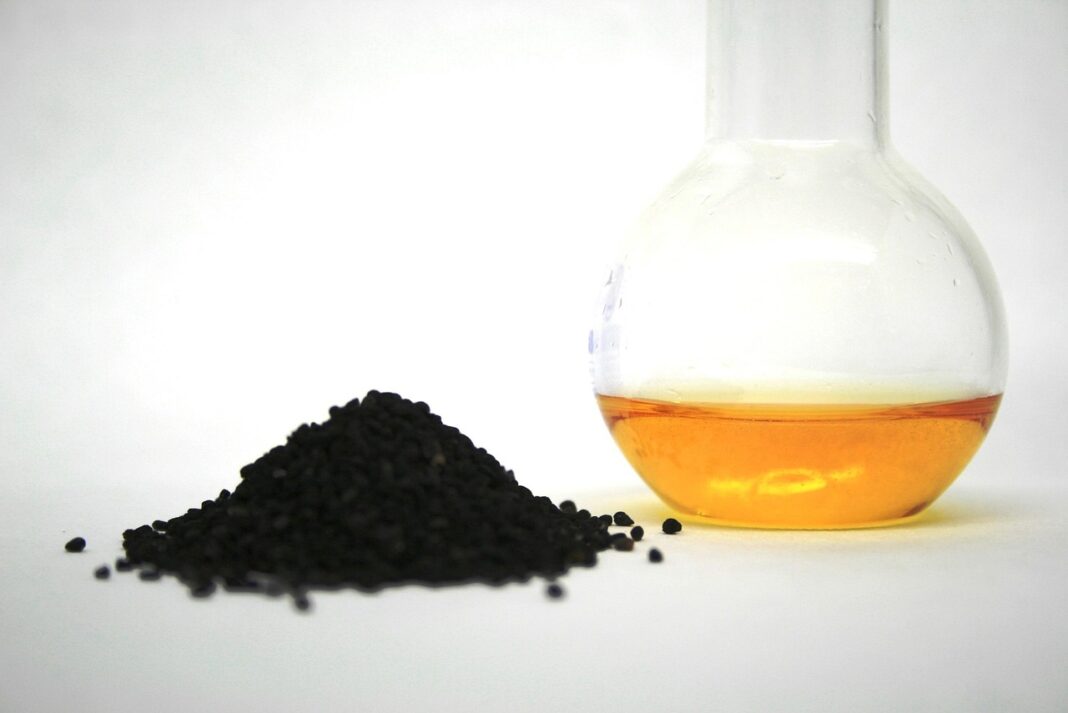Keypoints Summary
- Truth about Black Seed Oil covers what is backed vs buzz
- It delivers skin support but not miracle gains
- May boost heart health and lower cholesterol modestly
- Fertility and prostate claims remain unproven
- No strong evidence for hair growth
- Offers antioxidant and anti-inflammatory benefits
- Works best as a supplement—not a substitute
- Can interact with medications and cause side effects
- Experts urge a doctor’s ok before use
- Supports wellness when paired with diet and exercise
Truth About Black Seed Oil: Myth vs. Medicine
Wondering about the truth about Black Seed Oil? Experts say it shines in some areas—but falls flat in others. It has promise, but it’s not magic. We asked doctors and reviewed the research to break it all down.
Skin Savvy: Top Spot for Real Benefit
The top benefit here? Skin health. Dermatologists confirm black seed oil strengthens the skin barrier. Its antibacterial and anti-inflammatory power comes from thymoquinone. It helps with acne, eczema, wounds, and dry skin. Dab a few drops or mix into lotion—it works.
Heart Health: A Modest Ally
Black seed oil shows mild gains in cholesterol and blood pressure. Studies note small drops in LDL and systolic readings when taken daily. But don’t skip your heart meds. Lifestyle remains key. Use it as a supplement, not a replacement.
Fertility and Prostate Hype: Still a Guess
Some small studies hint at better sperm quality and testosterone boosts. A 2014 study on infertile men saw improvements. But doctors caution: sample sizes are tiny. Prostate health links mostly come from inflammation theory, not strong trials. The truth about Black Seed Oil? Fertility claims remain speculative.
Hair Growth: Not Proven
Despite buzz, there’s no solid proof that black seed oil grows hair. Most hair care results include multiple ingredients, so science can’t credit it alone. It may soothe scalp issues, but it’s no cure for baldness.
Anti-Inflammatory and Metabolic Benefits
This oil packs antioxidants. It helps reduce inflammatory markers. Research links it to lower fasting glucose and improved insulin sensitivity. It seems to gently aid weight management and metabolic health—but again, results are modest and best with diet and exercise.
Risks, Side Effects, and Safety Check
Black seed oil is generally safe in small doses, but side effects occur. Some experience nausea, bloating, low blood sugar, or skin rash. It can thin blood and interact with medications like anticoagulants, blood pressure, and diabetes drugs. It may also affect liver enzymes. Experts say: always consult your doctor.
How to Use It Wisely
Approach black seed oil thoughtfully. Use 1–2 teaspoons daily for up to 8 weeks. Or try topical use for skin. Choose high-grade, third-party tested brands. Pause before surgeries or if pregnant. Check with your healthcare provider first.
Final thoughts and CTA
The truth about Black Seed Oil is clear: it’s no miracle pill, but it offers real value—especially for skin and metabolism support.










